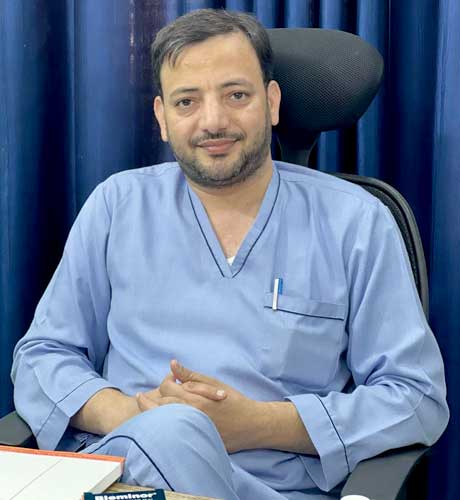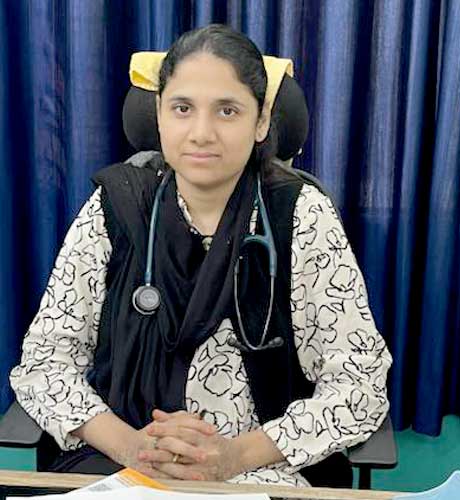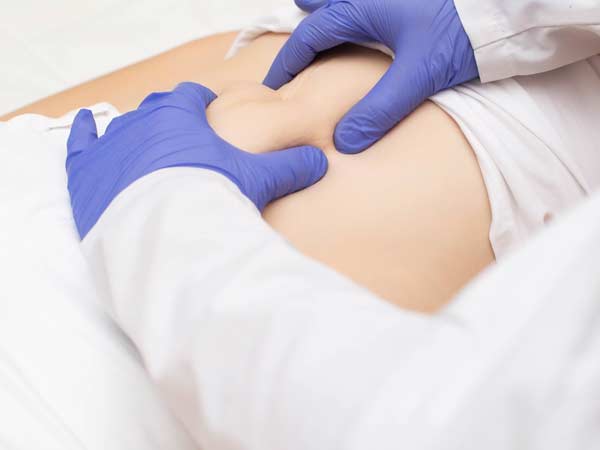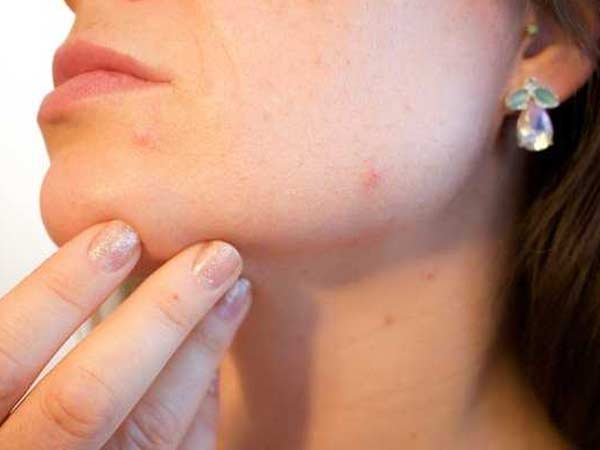
What is skin and soft tissue surgery?
Skin and soft tissue surgery is also known as “minor surgery.” It is a surgical intervention to remove lesions in the skin or in the fatty tissue that is under it. These lesions include moles, warts, lipomas, sebaceous cysts or malignant tumors. It is a common surgery and carries a small risk of complications. In most cases, local anesthesia is used and you can return home after the intervention.
Previous considerations
In the case of anticoagulant treatment or treatment that facilitates bleeding, the anesthesiologist, haematologist, cardiologist or family doctor will inform about the attitude to follow.
How is the preparation prior to the intervention?
FOOD AND MEDICINE
In preparation for minor surgery, your surgeon may ask you to do the following:
- Do not eat large meals before surgery. You may have a sip of water with your medications, but avoid eating and drinking for at least six hours before surgery.
- Discontinue certain medications and supplements. Talk to your doctor about all medications and supplements you take. You continue to take most medications as directed by your doctor. Your doctor may ask you to stop certain medications and supplements because they can increase your risk of bleeding.
How is the surgery performed? (type of incision, resection, type of drainage, anesthesia)
BEFORE THE INTERVENTION
Skin and soft tissue surgery is usually performed under local anesthesia. In exceptions, we can use intravenous drugs (sedation) to make you more comfortable during the procedure.
DURING THE PROCEDURE
The surgeon makes an incision, proceeds to remove the lesion and then the wound is sutured. This intervention will not last more than thirty minutes.
What happens after the surgery?
After surgery, the patient will go home. We recommend not driving for the home transfer.
HOW IS THE RECOVERY AT HOME?
Our premise is to be active in recovery. For this reason, we encourage the patient to walk daily, we recommend walking at least 60 minutes each day both inside and outside the house. Important physical efforts that may affect wound healing should always be avoided.
When you are discharged home, you will be prescribed medication to make you feel as comfortable as possible. You will resume your previous medication following the surgeon’s recommendations, since some drug may not be recommended in the first days after surgery. Normally, the taking of painkillers is indicated to control the pain.
In relation to food, we recommend your usual diet.
You can wet your wounds when you wash yourself and then gently dry them with the application of any antiseptic (chlorhexidine, povidone-iodine, crystalmine…). These wounds should be evaluated by nursing around 7 and 10 days after surgery.
Almost total recovery can take approximately one to two weeks after the intervention
What are the risks of skin and soft tissue surgery?
The normal thing is that your intervention proceeds without incidents but you must know the potential complications.
Less serious and frequent risks: Infection, bleeding or alteration in the healing of the surgical wound. Dehiscence (opening) of the wound. Prolonged pain in the area of the operation. Local allergic reactions to the anesthetic, such as itching or redness around the lesion.
Infrequent and serious risks: Serious allergic reactions to the anesthetic, including anaphylactic shock.
Infrequent risks: Reproduction of the lesion.
These complications are usually resolved with medical treatment (medicines, serums, etc.), but they may require a reoperation, usually an emergency, and in exceptional cases death may occur.
Your risk of complications depends on your overall health and the reason you’re having this surgery.










